We all have seen and heard the term “clean coal.” Proponents of the prospect of boosting the coal industry in the United States, principally U.S. President Donald J. Trump, say that the technology exists to burn coal and generate both electricity and jobs. But what are the real facts and economics behind that claim? Can coal really ever be clean? Should the United States really peg its energy security to coal?
Since the 1980s, those seeking to bolster the coal mining industry in the United States have promoted what they describe as "clean coal technology." Coal has been burned to generate electricity in the United States since 1882, when the first power plant was built in New York City. Coal enjoyed its heyday in the 20th century, when it accounted for the majority of electricity generated in the U.S. Even today, coal generates about 56 percent of U.S. electricity. The reason: coal is by far the cheapest source of fuel to create the BTUs (British Thermal Units) needed to boil water that produces steam to turn the turbines that generate electricity. Consider this: to generate one million BTUs of energy, it costs
- Coal - $1.20
- Oil - $4.45
- Natural gas - $4.30
Can Coal Be Burned “Cleanly”?
Clearly, there is an economic incentive for power plants to rely on coal. The problem is that burning coal pollutes the atmosphere. Coal burned by power plants pumps thousands of tons of carbon dioxide (CO2) into the air and contributes to global warming and climate change. Carbon dioxide traps heat and warms the planet. Humans have now put enough carbon dioxide into the atmosphere to change life on Earth as we know it. Already we are feeling the effects of climate change in more extreme weather and rising seas.
Burning coal also contributes to acid rain. The burning of coal also generates sulfur dioxide (SO2) and nitrogen oxides (NOx) – acid rain – which causes lakes, streams and other bodies of water to become overly acidic and kills plants and wildlife. In short, acid rain destroys forests.
Power plants are responsible for more than a third of the United States’ greenhouse gas emissions. The coal and electric industries have sought to develop technology that would clean up the burning of coal. The term "clean coal" applies to many technologies, from wet scrubbers, which remove sulfur dioxide from coal-generated gas, to coal washing, which removes soil and rock from coal before being sent to a factory. Theoretically, the term could be applied to anything that makes coal plants more efficient, like digitization. But when people talk about clean coal these days, they're typically talking about something called carbon capture and storage (CCS).
This technology is still in its infancy. Only one coal plant in the United States, the Petra Nova project in Texas, actually captures CO2 in this fashion, having come online in January 2017 with the help of $190 million from the Obama administration. The carbon dioxide is pumped underground into nearby oil fields to help extract hard-to-reach crude.
This technology is costly and complex. The Southern Company had to abandon a more ambitious coal carbon capture project in Kemper, Mississippi, in June after it ran $4 billion over budget. No other coal plants of this sort are currently being constructed in the United States.
Beyond CO2 Pollution
Most U.S. coal plants burn pulverized coal to generate steam. Many also use integrated gasification combined cycle (IGCC) technology, which sends the gas through a combustion turbine to generate electricity, and then routes excess heat from that process to generate even more electricity through a traditional steam turbine.
What none of those technologies can mitigate, however, are the other environmental impacts that result from burning coal. That’s because in addition to carbon dioxide, coal fired power plants spew scads of other noxious pollutants. For example, each year, coal-fired plants pump out 146,000 tons of PM2.5 pollution. That’s a form of particulate matter roughly 40 times smaller than a grain of sand. They also pump out 197,000 tons of PM10 pollution, which is a form of particulate matter or dust that’s just 10 microns big. In other words: small enough to slip through a typical mesh breathing filter.
Because PM2.5 and PM10 pollution particles are so small, when they are released into the atmosphere they don’t just stay there; we breathe them in. The pollution lodges deep within our lungs, which haven’t exactly evolved to handle this kind of invasion. As a result, PM pollution causes health issues ranging from asthma to heart attacks. A study released earlier this year found that every year, 3.45 million people worldwide die an early death due to PM 2.5 pollution alone.
While Trump Digs Coal, Is Coal Dying?
Worldwide, other sources of fuel are gaining ground on coal. The U.S. Energy Information Administration (EIA) says that “renewables are the world’s fastest-growing energy source, with consumption increasing by an average 2.3%/year between 2015 and 2040. The world’s second fastest-growing source of energy is nuclear power, with consumption increasing by 1.5%/year over that period.”
The EIA continues: “Coal is increasingly replaced by natural gas, renewables, and nuclear power (in the case of China) for electric power generation, and demand for coal also weakens for industrial processes. China is the world’s largest consumer of coal, but coal use is projected to decline in China by 0.6%/year from 2015 to 2040, and in the combined OECD countries coal also declines by 0.6%/year over that same period. With coal consumption in India and other nations in non-OECD Asia growing over the projection period, worldwide coal consumption is not as low as it would otherwise be in 2040. The coal share of total world energy consumption declines significantly over the projection period, from 27% in 2015 to 22% in 2040.”
Even though the rest of the world is turning away from coal, Trump continues to embrace the polluting fuel. While he has vacillated on virtually every issue he stumped about during his presidential campaign, the one topic that he consistently comes back to is coal. As Politico reported in October 2017, Trump “has stocked his administration with coal veterans, hacked away at coal regulations, and done what he can to prop up struggling coal companies.”
In the Oval Office and at campaign rallies since his election, Trump repeatedly has touted his desire to revive the U.S. coal mining industry, despite the fact that the jobs are dangerous, the practice decimates the environment and the fuel produced is among the most poisonous.
The reasons are obvious. The leading coal mining states of West Virginia, Kentucky, Wyoming and Ohio all went big for Trump in the 2016 election. Shoring up his “base” in those states in advance of the 2018 mid-term elections is front and center for him, even at the expense of economic reality.
Despite Trump’s proclamations of support, the coal industry continues to slump. Since he took office, electric utilities have announced they are retiring a dozen coal-fired power plants, including two massive plants in Texas.
As for jobs: coal mining accounts for only a tiny sliver of the U.S. economy. The industry employs only about 52,000 Americans, a decrease of about 70 percent over the past three decades. (By contrast, the solar and wind industries employed almost 10 times as many Americans last year, and they’re both enjoying explosive growth.)
What About Renewables?
Politics aside, the Trump administration’s policy of boosting the domestic coal industry is at odds with the global trend of encouraging the development of renewable energy sources. While other countries have aggressively supported solar, wind and other renewable energy alternatives, the Trump administration in February announced that it was cutting the Department of Energy’s (DOE) renewable and energy efficient program budgets by 72 percent. That announcement followed by mere days his administration’s announcement that it would impose a 30 percent tariff on parts and materials used to fabricate solar panels.
U.S. energy policy, which appears to run counter to the norms of the rest of the world, serves up a silver platter opportunity to major players like China to step into the void. As the president of the Economic Defense Fund, Fred Krupp said recently, ““The whole world is demanding clean energy and electric cars. I worry about the U.S. not moving in that direction. I also worry that the U.S. is missing the market opportunities and leaving them to China.”
Writing in The Nation, Michael T. Klare perhaps summed it up best: “The new US energy policy of the Trump era is, in some ways, the oldest energy policy on Earth. Every great power has sought to mobilize the energy resources at its command, whether those be slaves, wind-power, coal, or oil, to further its hegemonic ambitions. What makes the Trumpian variant—the unfettered exploitation of America’s fossil-fuel reserves—unique lies only in the moment it’s being applied and the likely devastation that will result, thanks not only to the 1950s-style polluting of America’s air, waters, and urban environment, but to the devastating hand it will lend to a globally warming world.”




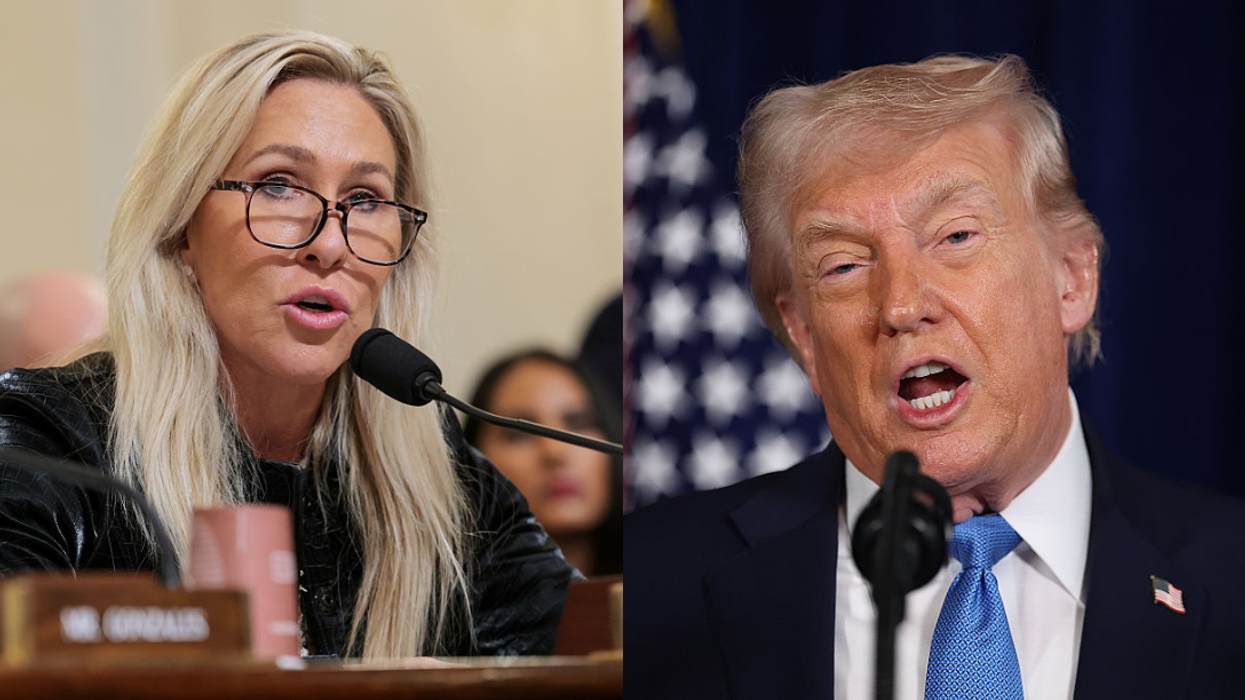

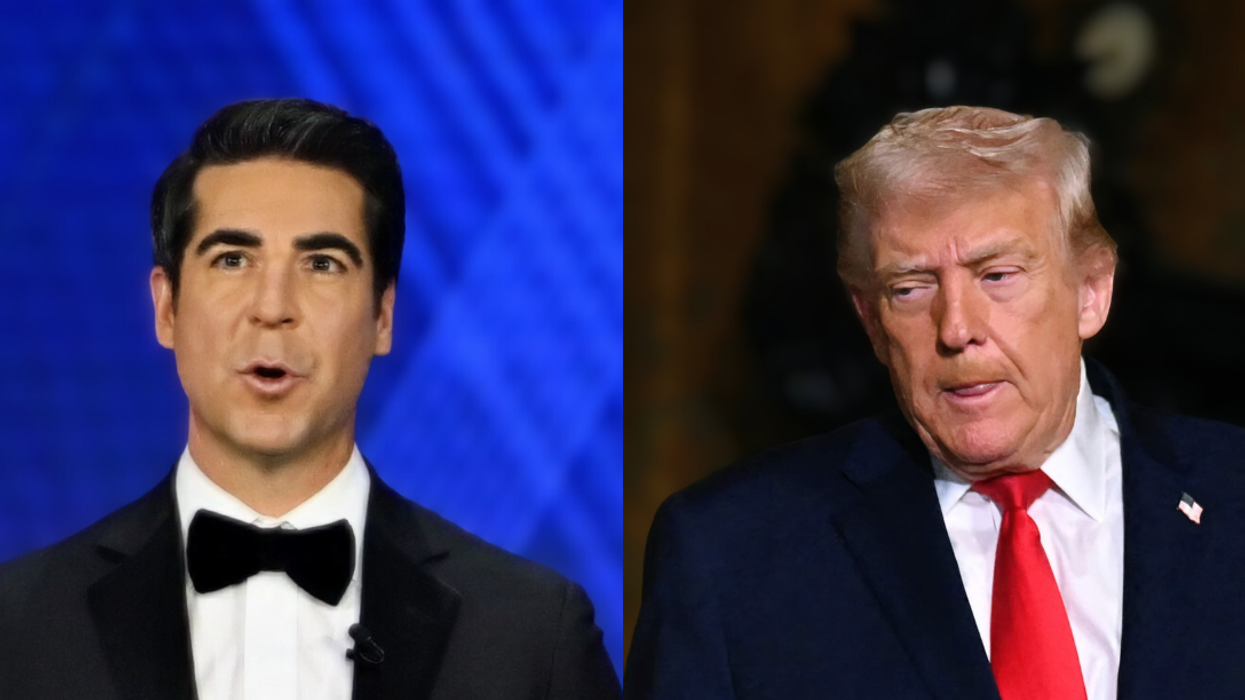
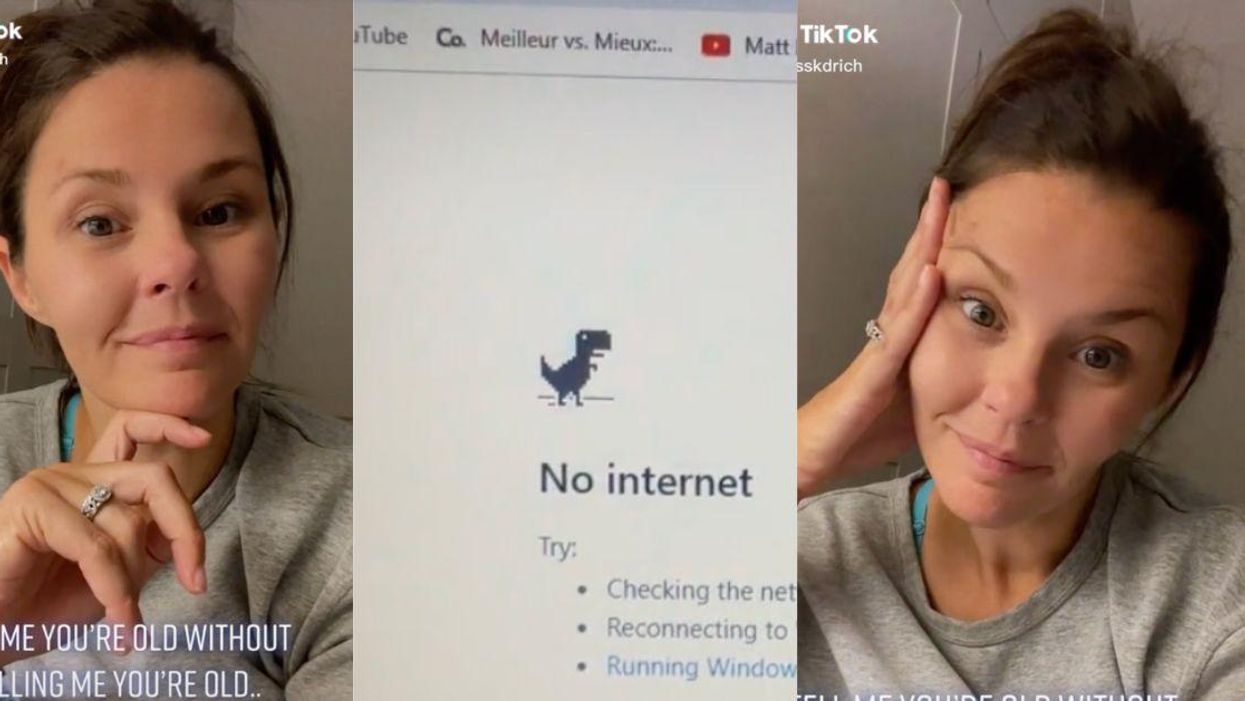
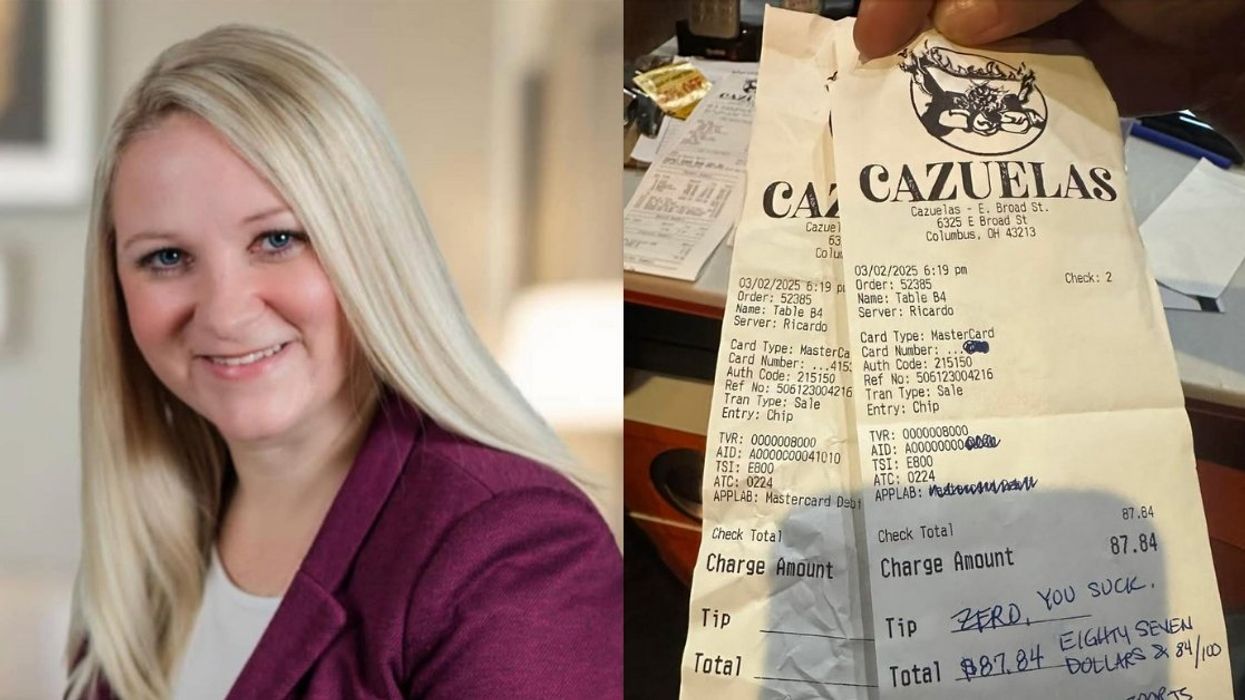
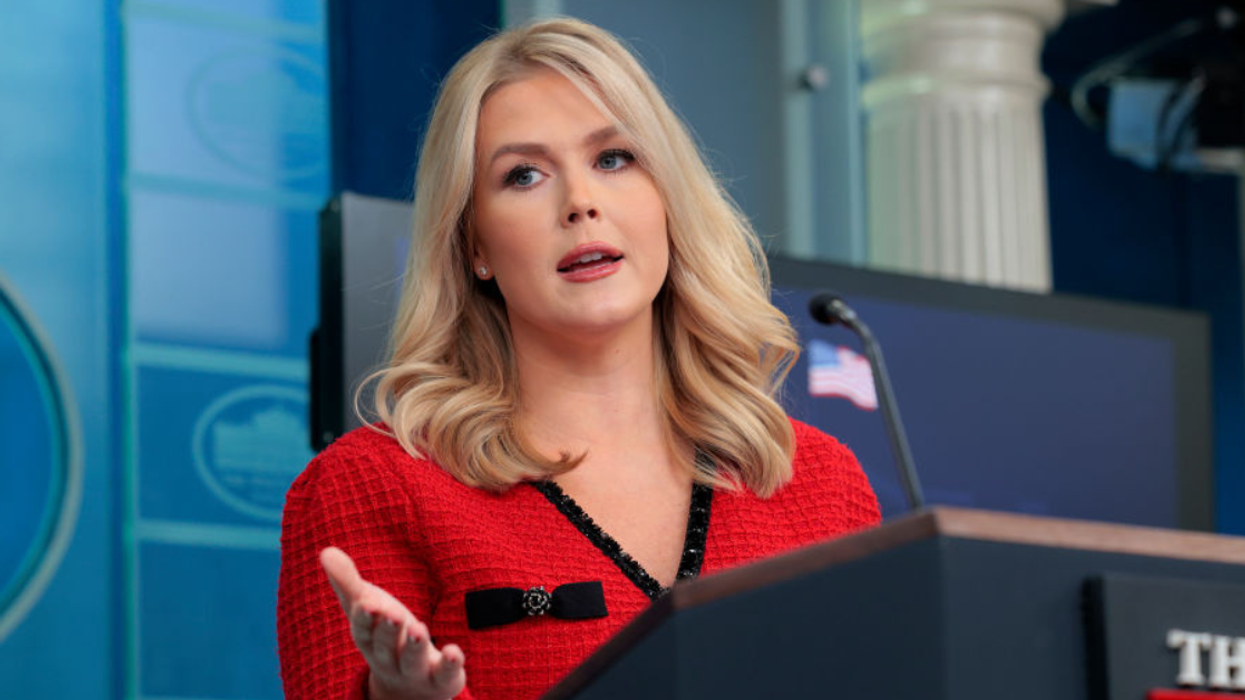



 @callherdaddy/Instagram
@callherdaddy/Instagram @callherdaddy/Instagram
@callherdaddy/Instagram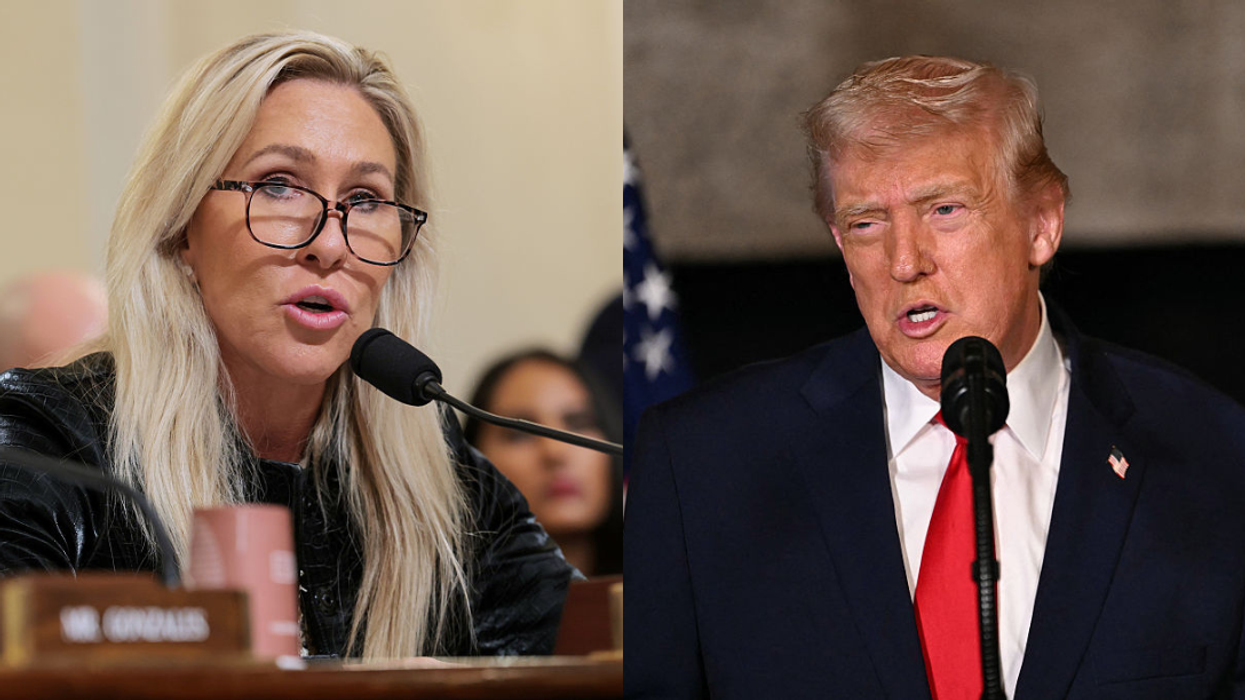

 @alterici/Bluesky
@alterici/Bluesky  @timekiller-s/Bluesky
@timekiller-s/Bluesky @nkalamb/Bluesky
@nkalamb/Bluesky @faithmerino/Bluesky
@faithmerino/Bluesky